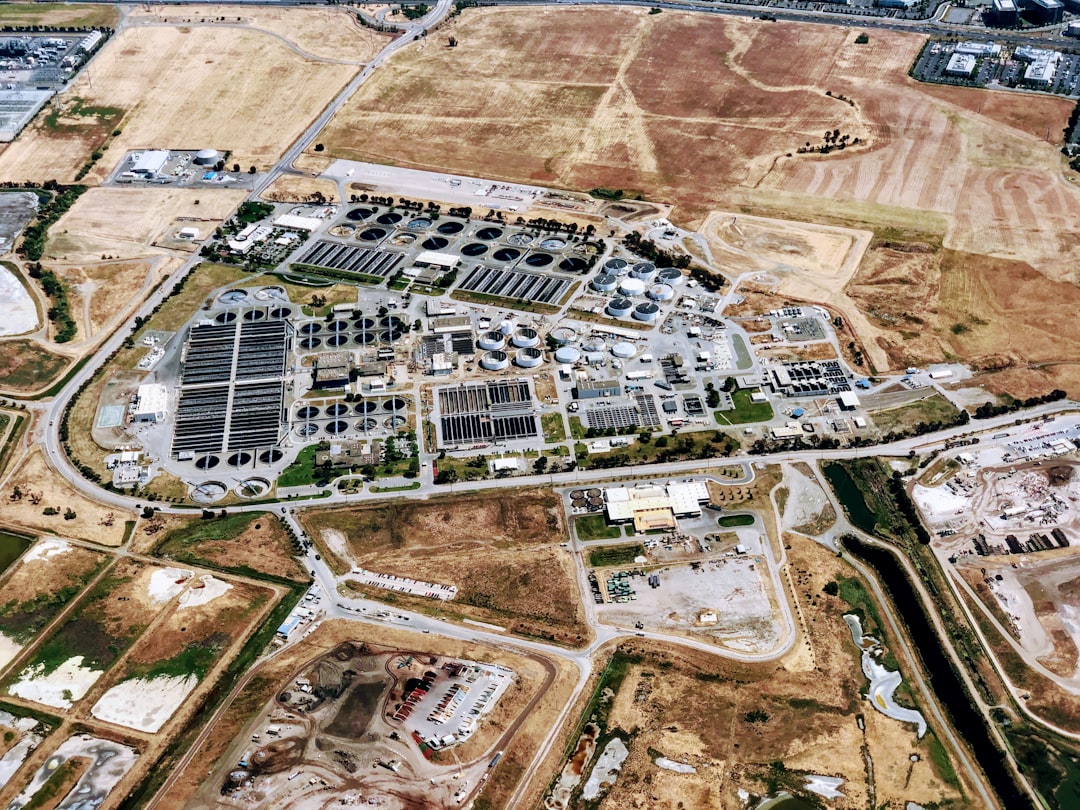What is it about?
Many valuable compounds including sustainable biofuels are made by microbes like yeast that are engineered to turn carbohydrates into chemical compounds of interest. How to best engineer microbes for maximum efficiency and economic value is not always obvious, since introduced mutations can have other effects on cellular functions. Here we tested the function of specific mutations that help engineered yeast make biofuels. Surprisingly, mutating a gene important for stress tolerance is beneficial for yeast in a surprising way, by activating yeast to metabolize an abundant but unusual sugar found in plant material into biofuel. This key mutation improves carbohydrate conversion to chemicals but is detrimental to how well the yeast can survive stressful industrial conditions.
Featured Image

Photo by Elevate on Unsplash
Why is it important?
This study generates important new information about how to best engineer yeast; but it also reveals surprising details about how different physiological pathways in cells - including those regulating metabolism, growth, and stress defense - are interconnected in the cell. Tinkering with one function can have unexpected consequences on other processes.
Perspectives
We have a lot to learn about how cells integrate thousands of genes, proteins, and metabolites into networks and pathways that produce an organism greater than the sum of those parts. A better understanding of how pathways are interconnected and regulated will expand our knowledge of how normal cells function, how diseases perturbs health and longevity, and how microbes can best be engineered for useful applications.
Audrey Gasch
University of Wisconsin-Madison
Read the Original
This page is a summary of: PKA and HOG signaling contribute separable roles to anaerobic xylose fermentation in yeast engineered for biofuel production, PLoS ONE, May 2019, PLOS,
DOI: 10.1371/journal.pone.0212389.
You can read the full text:
Contributors
The following have contributed to this page










